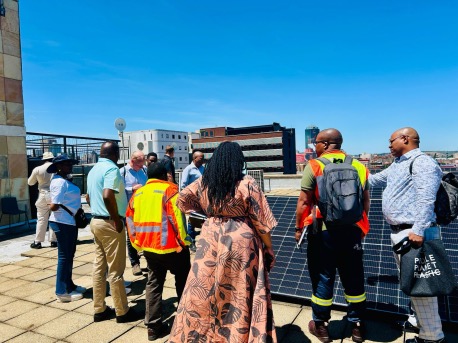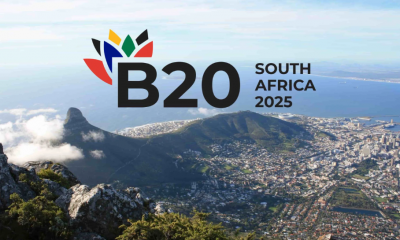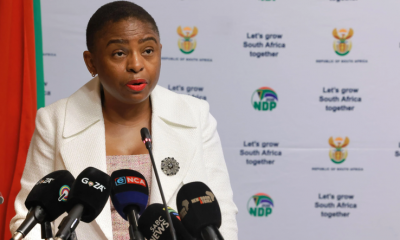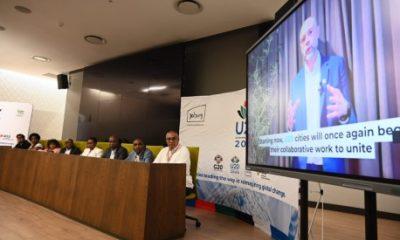411
Johannesburg and Copenhagen Join Forces to Boost Energy Efficiency and Climate Resilience

The City of Johannesburg’s Environment and Infrastructure Services Department (EISD) recently hosted a team of experts from the City of Copenhagen to conduct a proof of concept for energy monitoring and building management systems at selected facilities across Johannesburg. This collaboration is a key step in advancing the city’s Climate Action Plan (CAP), which aims to achieve net-zero emissions by 2050 and build a climate-resilient city.
A Strategic Partnership
The partnership between Johannesburg and Copenhagen was formalized in February 2024 through a memorandum of understanding (MOU). Both cities, members of the C40 Cities network, share a commitment to sustainable urban development. The collaboration focuses on two critical areas: water management (addressing non-revenue water, flooding, and wastewater treatment) and energy efficiency in buildings.
This initiative supports four thematic areas of Johannesburg’s Climate Action Plan:
- Goal 1: Climate Mitigation
- Theme 2: Optimized Energy Efficiency in Buildings
- Theme 5: Improved Water Supply and Wastewater Treatment
- Goal 2: Climate Adaptation
- Theme 1: Water Security
- Theme 3: Flood and Drought Management
Energy Efficiency Mission
From 24 to 28 February 2025, a technical team from Copenhagen conducted a week-long Energy Efficiency Mission in Johannesburg. The mission aimed to scope and implement energy monitoring and building management systems in key city facilities, including:
- City Power Head Office (Reuven)
- Johannesburg Metro Police Department (JMPD) Martindale Office
- M2 Highway (EMS for streetlights)
- Goudkoppies Wastewater Treatment Plant
- JOSHCO-Tshedzani Social Housing Development
- Randburg Multipurpose Centre
- Joburg Theatre
- Streetlights along Baragwanath Road in Diepkloof
- City Parks Head Office
- Johannesburg Roads Agency (JRA) Benrose Depot
- Joburg Market
The mission aligns with Johannesburg’s Green Buildings Policy, which targets net-zero carbon status for all new buildings by 2030 and aims to retrofit existing buildings to meet the same standard by 2050.
Anticipated Benefits
Lebo Molefe, Director of Air Quality and Climate Change at EISD, highlighted the expected outcomes of the partnership:
- Energy Savings: Reduced energy consumption and operational costs through improved efficiency measures.
- Optimized Facility Operations: Enhanced energy management via real-time monitoring and smart building systems.
- Environmental Impact: A lower carbon footprint, contributing to Johannesburg’s CAP goals.
Molefe emphasized the importance of international collaboration in building local expertise. “Work plans were jointly compiled and submitted to the Danish Ministry of Foreign Affairs in December 2024 to secure funding. The ministry approved these plans in January 2025, enabling the full implementation of technical exchanges,” she said.
Copenhagen’s Expertise
Anders Christian Lyngtorp, Chief Consultant for Energy and Innovation in Copenhagen, noted that the mission aims to achieve significant energy and carbon reductions while exploring innovative solutions. “This initiative has introduced new and improved ideas that were previously unconsidered. Work programmes can be effectively implemented over the next three years,” he added.
Follow Joburg ETC on Facebook, Twitter , TikTok and Instagram
For more News in Johannesburg, visit joburgetc.com























